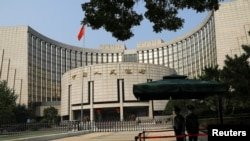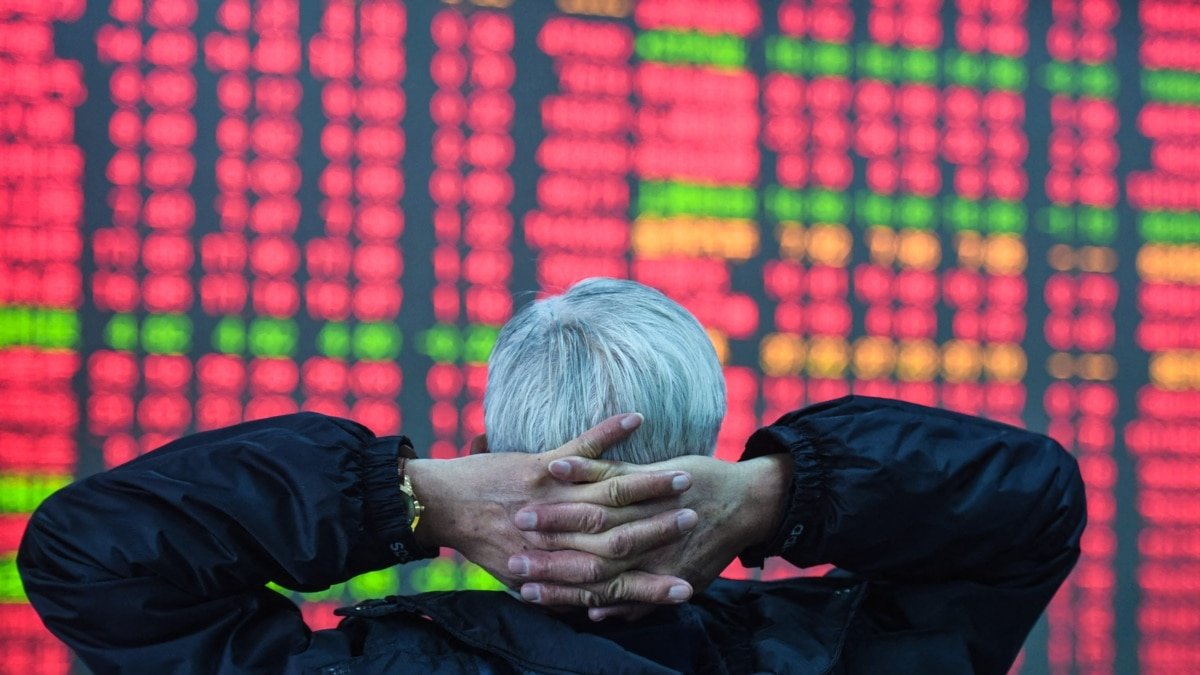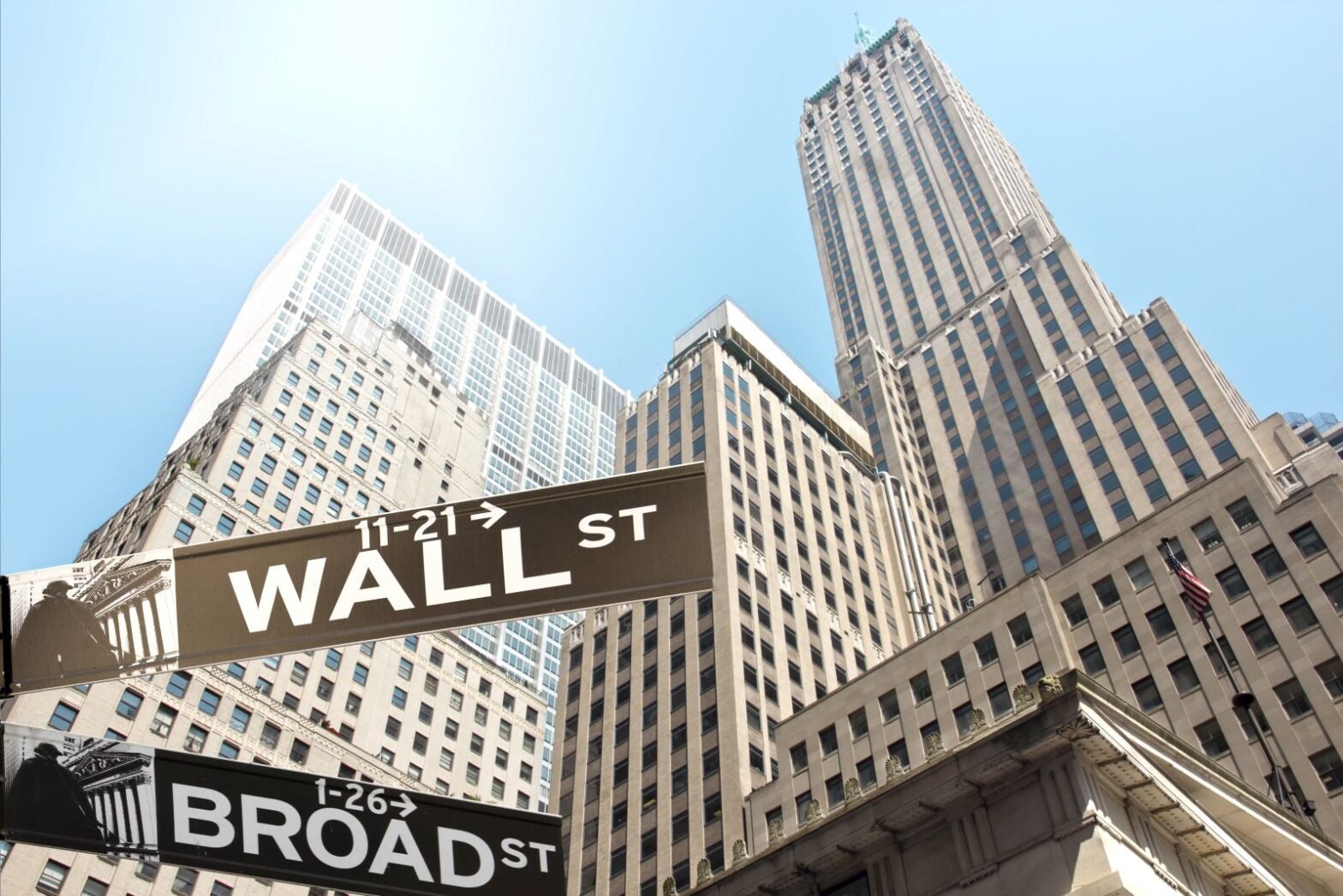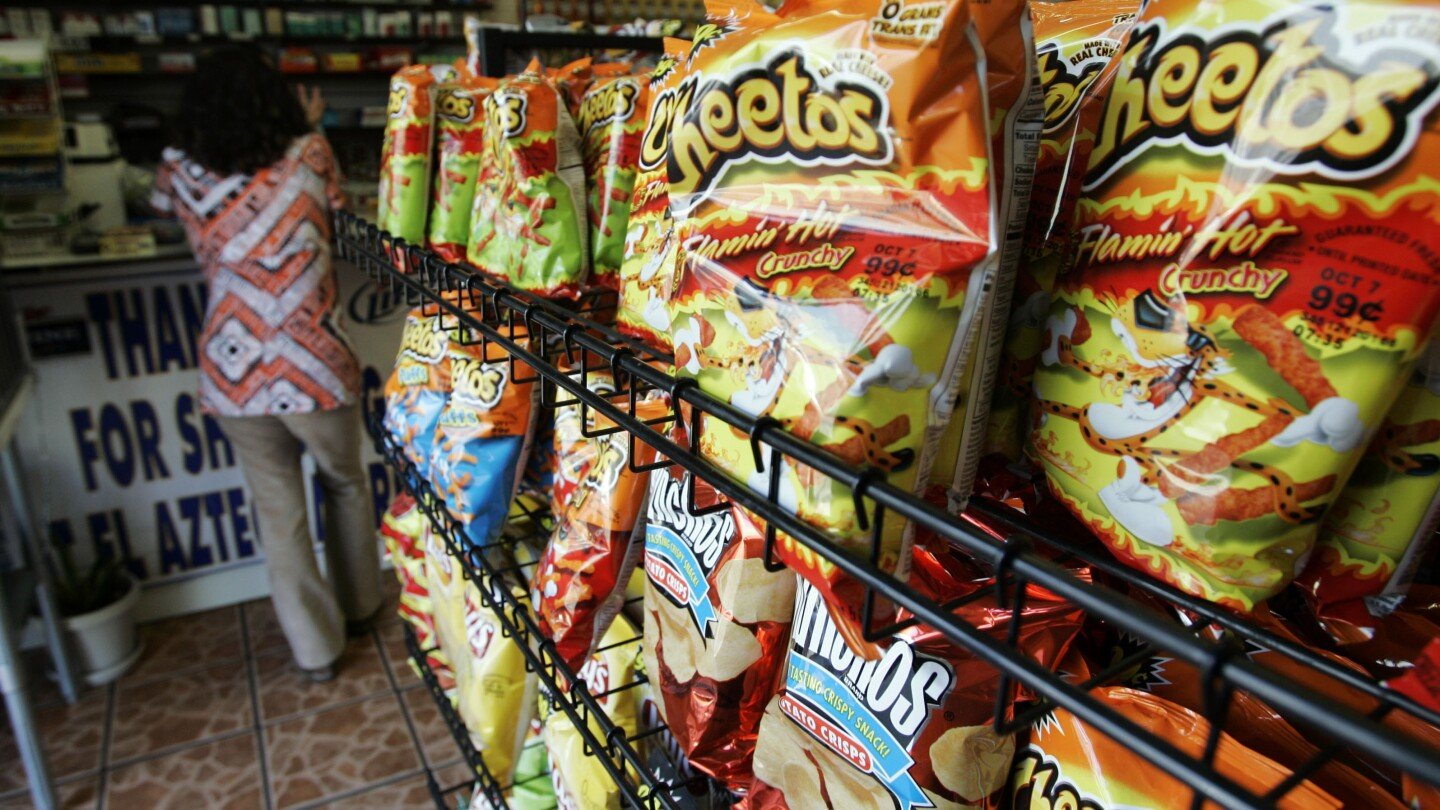Taipei, Taiwan —
China has replaced the head of its securities watchdog with veteran regulator Wu Qing, known as the “Broker Butcher” for his tough enforcement of trading regulations in the past. Wu’s appointment comes as policymakers in China are struggling to stabilize the country’s stock markets.
State-run Xinhua news agency announced the replacement on Wednesday. Wu previously served as acting vice mayor of China’s major financial hub, Shanghai, and as chairman of the Shanghai Stock Exchange.
The ousted chairman of the China Securities Regulatory Commission or CSRC, Yi Huiman, was chairman of the Industrial and Commercial Bank of China and appointed to the top job at CSRC in January 2019, tasked with undertaking a spate of sweeping capital markets reforms.
The reason for Yi’s removal was not announced, but analysts say it was due to his failure to rescue China’s stock markets, which have recently hit five-year lows and left institutional and retail investors scrambling to cut their losses. Analysts say China’s struggling economy and a lack of government stimulus measures have taken a toll on investor confidence.
Francis Lun, CEO of Geo Securities Ltd. in Hong Kong, tells VOA that Wu now has the unenviable task of rescuing China’s equities markets.
Wu “must do a good job in the stock market, and the stock market must rise,” says Lun. “Otherwise, he will not be able to stay on the job.”
Beijing this month announced high-profile market rescue measures, including lowering the deposit reserve ratio by 0.5 percentage points on February 5, equivalent to releasing one trillion yuan, roughly $140 billion, into the capital market.
In response, China’s stock markets rallied Tuesday, with the largest one-day gain in two years, after officials talked up additional support for markets.
Bloomberg estimates that over the past three years, markets in China and Hong Kong have lost about $6.3 trillion in value since peaks in 2021.

The People’s Bank of China says the total value of Chinese stocks and bonds held by foreign investors from the end of 2021 until June 2023 dropped from 8 trillion yuan, roughly $1.124 trillion USD, to 6.6 trillion yuan, about $928 billion USD, a net outflow of 18%.
Foreign investors have also reportedly sold tens of billions of dollars in China’s stocks every month in the past six months.
Lun said that if Beijing really wants to pull the market out of the swamp, more substantial rescue measures must be taken.
Bloomberg in January reported Chinese authorities were considering a 2 trillion yuan, roughly $281 billion, stabilization fund to rescue equity markets. VOA could not independently confirm such a plan was being considered.
“If Beijing really announces the 2 trillion yuan stabilization fund bailout, the stock market will definitely revive for some time,” says Lun. “But the local economy and domestic demand must [also] be stimulated. The two must be done at the same time. Otherwise, it would be like setting off fireworks,” he says. “They would disappear eventually.”
Christopher Balding, founder of U.S.-based research group New Kite Data Labs and a former professor at Peking University’s HSBC Business School, says usually when the central government sets the tone, companies and the Chinese people will obediently follow it, whether it is the housing market or the stock market.
But lately, he says, Beijing’s repeated announcements of measures to stabilize the markets have failed to move investors, indicating that the government “has lost all credibility.” And China’s stock market slump may benefit markets elsewhere, he added.
“As the Chinese stock market has gone down, Chinese investors have tried to get into foreign indexes,” he says. “So the more the Chinese market goes down, the more it might help the U.S. or the Tokyo or other markets.”
Balding says the central government’s rescue measures have so far been “empty, lacking tangible and concrete policy” while the capital injection is only a drop in the bucket of the total market value.
Meanwhile, he says the connection between China’s stock markets and global stock markets has been significantly reduced, so China’s market crash is unlikely to systemically affect global stocks unless individual markets or listed companies have a certain degree of exposure to China.
Federal Reserve Chair Jerome Powell told the CBS program 60 Minutes on February 1, “As long as what happens in China doesn’t lead to significant disruptions in the economy or the financial system, then the implications for the United States — we may feel them a bit, but they shouldn’t be that large.”
After the news of Yi’s removal Wednesday, Reuters reported the FTSE China A50 Index Futures rose by a slight 0.2%, as of 1027 GMT, while Hong Kong’s Hang Seng futures showed little change.
Adrianna Zhang contributed to this report.














